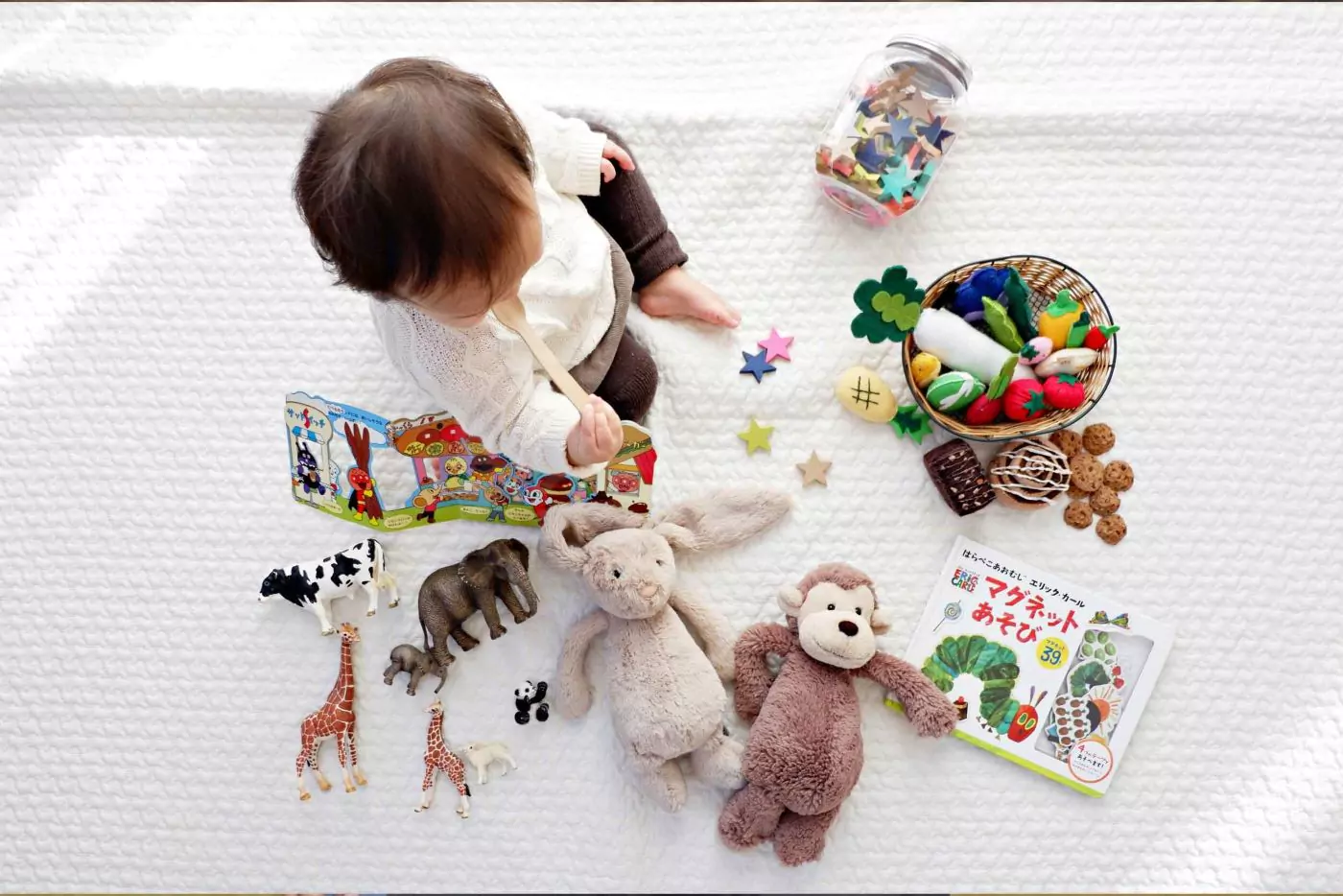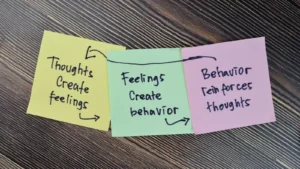What is an Anxiety Disorder?
Fear is a natural human reaction caused by a part of the brain called the amygdala. An anxiety disorder occurs when someone has significant fears that cause distress and affect their ability to function. Genetic, biological, and environmental factors can cause an anxiety disorder.
Approximately 10% of children have an anxiety disorder.
There are different types of anxiety disorders, including generalized anxiety disorder, separation anxiety, specific phobias, obsessive-compulsive disorder, social anxiety disorder, selective mutism, panic disorder and post-traumatic stress disorder.
How We Can Help Children Suffering From Anxiety
Our approach to managing Anxiety Disorder in children is holistic, combining therapeutic, medical, behavioral, and educational strategies. This integrative approach is designed to produce tangible improvements that enhance symptom relief and promote overall well-being.
We understand that every child’s personality, circumstances and experiences are unique, and our approach caters to these individual needs. We address excessive worrying, avoidance behaviors, restlessness, and somatic symptoms that disrupt their daily life.
Children who participate in our program can anticipate reduced anxiety levels, improved coping mechanisms, and a newfound sense of confidence.










